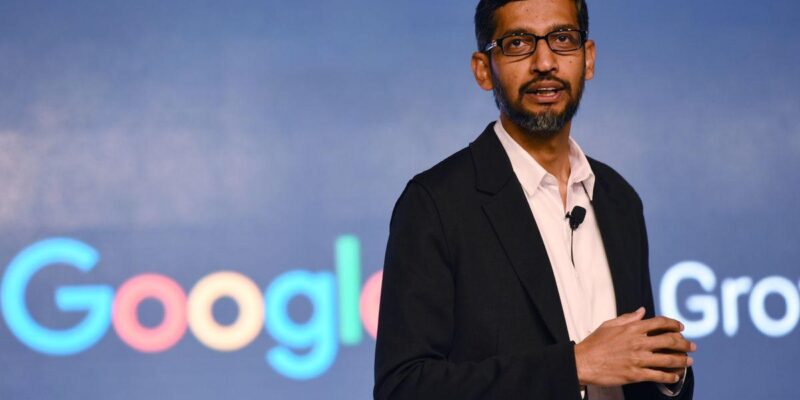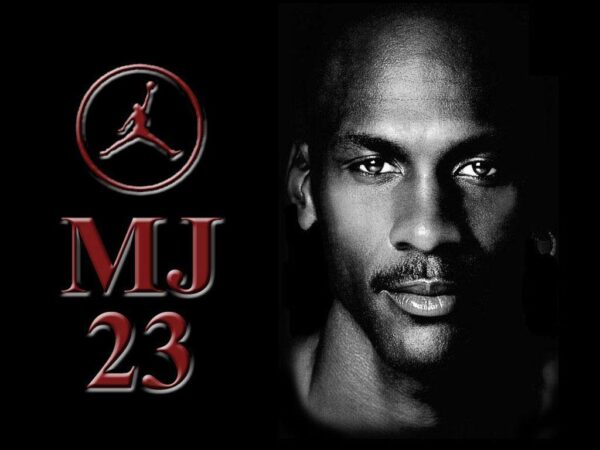Google users awoke to a surprising restructuring on Monday. One of the changes is that focused on search Google will be now part of a brand new parent company named Alphabet Inc, headed by the CEO of Google, Larry Page. The person who will replace Page with the position of the chief executive officer of Google is the Indian-born Sundar Pichai. From figuring out the possibilities of technology through the rotary phone to being the host for Android – the most adored mobile O.S., Google’s new CEO has made significant strides.
The path to success is with threads of suffering and pain. Each top performer has an unsettling history, and Pichai took to the dark roads before he reached the peak of his success.
The long road the actor has travelled throughout his career has not been effortless. Everyone knows how the actor came to the top of his game; however, few people are aware of the work and dedication he’s invested to achieve this.
Pichai was born in Madras, Tamil Nadu, India. Her mother, Lakshmi, was a text writer and Pichai’s father, Regunatha Pichai, was an engineer in electrical engineering in GEC, a British conglomerate. The father also ran manufacturing facilities that made electrical components.
Pichai attended school at Jawahar Vidyalaya Senior Secondary School in Ashok Nagar, Chennai and graduated from Class XII of Vana Vani School at the IIT Madras. He obtained his master’s degree at IIT Kharagpur in metallurgical engineering and is a prestigious IIT Kharagpur alumnus. He has an M.S. at Stanford University in materials science and engineering and an MBA from the Wharton School of the University of Pennsylvania. He was awarded the distinction of a Siebel Scholar, a Palmer Scholar, and a Palmer Scholar, respectively.
Pichai was employed as an engineer and management of products at Applied Materials and in management consulting for McKinsey & Company. Pichai began working at Google in the year 2004, and he was the head of innovations and product management for Google’s suite of client software products, including Google Chrome and Chrome O.S., as well as being in charge of Google Drive. He also managed the development of additional applications like Gmail and Google Maps. On November 19, 2009, Pichai demonstrated Chrome O.S. The Chromebook was made available to test and trial in 2011 before it was released to users in 2012. On May 20, 2010, he announced the open-sourcing announcement of the new codec for video VP8 created by Google and announced the new format for video, WebM.
On March 13 2013, Pichai added Android as a product to his collection of Google products that he was responsible. Android was previously managed under Andy Rubin. He was the director of Jive Software from April 2011 until July 30, 2013. Pichai was chosen to be his successor as CEO at Google on August 10 2015, following his appointment as Product Chief by the CEO, Larry Page. On October 24, 2015, he was sworn into the position following the time of the official formation of Alphabet Inc., the new holding company that will be part of the Google family of companies.
Pichai was reportedly considered for Microsoft’s next CEO position in 2014, and the position was ultimately handed over to Satya Nadella. In August of 2017, Pichai drew publicity for dismissing a Google employee who had written ten pages of a manifesto criticizing Google’s diversity policies.
In December 2017, Pichai was a speaker at the World Internet Conference in China. In his speech, he mentioned that “a large portion of the work Google performs is to assist Chinese businesses. There are numerous small and medium-sized enterprises in China that use Google to market their products in other countries that are not part of China.
In December, Pichai became the CEO of Alphabet Inc.
The coronavirus outbreak has sped up the adoption of digital tools and trends by years. Southeast Asia’s Internet economy is currently on the verge of a massive transformation; more than 40 million people in the region connected to the Internet for the first time in 2020 – four times as many as the year before while Covid has accelerated the use of digital tools, it’s also exposed how many people are still left behind some 1.7 billion people around the world are still unbanked, a huge portion of African households do not have access to broadband, and millions of women entrepreneurs lack the same access to opportunity as their male counterparts.
The U.S. House Judiciary Committee questioned Sundar Pichai regarding various Google-related issues, including the possibility of a political bias that Google may have on its platforms, the company’s reported plans to launch a “censored search application” in China and privacy policies. In the response, Pichai informed the committee that Google employees could not alter the search results. He also said that Google users can opt out of having their information taken into account and that “there are no plans currently in place to create a censored Google search engine” within China. Wired’s Issie Lapowsky described Pichai’s appearance in front of the panel as a “major missed opportunity” because, she said, its members “staked from opposing sides in a partisan fight.
Pichai has been married to Anjali Pichai and has two children. His hobbies include football and cricket.













